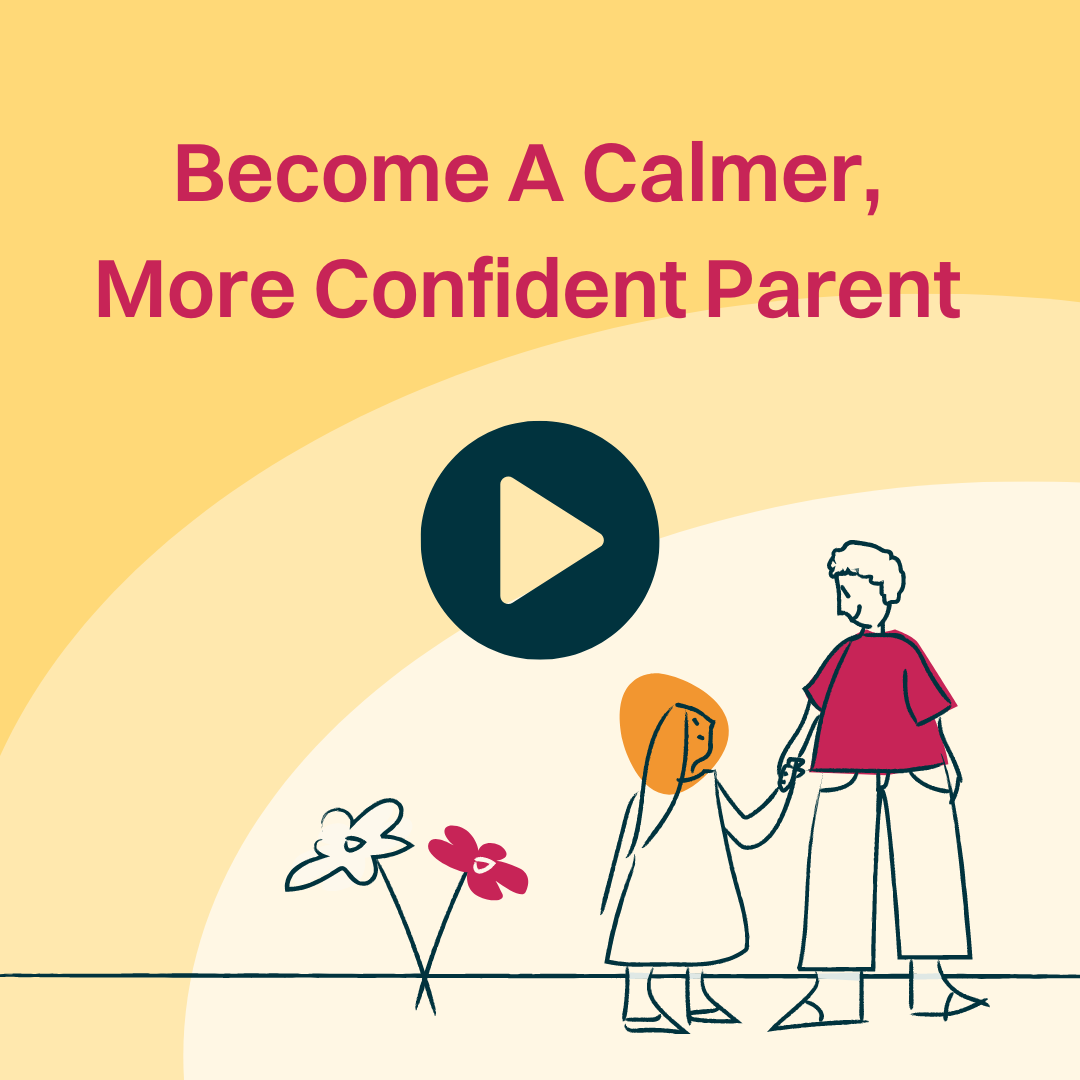Dad: “Jack it’s time to stop playing your videogame! Go upstairs and have your bath before bed.”
Jack: “Not just yet, I’ve just reached Level 14!”
Dad: “You’ve been playing for two hours already, and if you don’t go to bed now, you’ll be really tired tomorrow morning for school.”
Jack: “Yessss! Hang on… I’ve just got an extra 1000 points!!”
Dad: (raising voice and getting angry) “Come on, it’s time to turn it off! Now!’
Jack: (shouting back) “Nooooo!!! Not yet!”
Dad: (giving up) “Oh, whatever! Just don’t be long.”

Sound familiar? In this post, Prof Stephen Scott (King’s College London), Director of the National Academy for Parenting Research, explains what can be done to reap the benefits and reduce the harms of screen time, video games, and the consumption of online material. Today, February 7th, is Safer Internet Day, so this post couldn’t have come at a better time.
Many games, as we well know from scenarios like this, are designed to be thrilling, absorbing and somewhat addictive. Of course, there are plenty of fun, informative, and even sociable screen pastimes available, so it can be hard for everyday real-life activities to compete with the excitement and intensity they provide. And whether we like it or not, screens are here to stay as part of our children’s world.
At times it may feel a bit like a pact you make with the devil, since they can be enormously useful as a way of occupying your child while you get on with essential tasks. But as well as concerns about the amount of time they spend on screens, what also matters hugely is the content and the rather addictive nature of many of the products, creating a challenge when a child is asked to stop!
So the 3 big questions are: how much is too much, what content is appropriate and how can you set limits effectively?

The World Health Organisation and the American Academy of Paediatrics recommend avoiding screens for children younger than 18 to 24 months, except when video chatting with family. They also recommend limiting screen use for preschool children, ages 2 to 5, to just one hour a day of high-quality programming.
Over age 6 there is no specific recommendation regarding time other than ‘encourage healthy usage and activities’, leaving parents to make the judgement. We know there can be harms, so it is wise to be aware of these. They can arise directly from what
your child sees, such as violence, porn, unrealistic images on social media, creating a ‘Fear Of Missing Out’ effect, as well as disturbing and distorted material or fake news that they cannot make sense of. Then there is the toxic environment of online bullying, with potentially long-term adverse effects for a child’s development.
In a detailed survey published on 31 January 2023, the Children’s Commissioner revealed that by age 9 years, 10% of children had seen pornography, and by age 11 years more than a quarter of children had been exposed to it.
Also worrying is indirect harm, through what they are not doing, because of the time they are spending on screens – missing out on social activities, exercise, family time, as well as down time, and not to mention the impact on health as there is a clear link to poor sleep and obesity with prolonged use.
So it helps to remain mindful of what your child is seeing on screen. If you have some awareness of the Wild West that is the internet, and recognise that although it has benefits, it needs us to set reasonable and consistent boundaries, you will be better placed! A Royal College of Paediatrics and Child Health (RCPCH) survey found that 88% of children and young people said that screens have negative effects on their sleep, 35% on their mood, and 18% that they spend less time with their families and doing schoolwork. Their systematic review of the evidence showed that too much screen time is associated is associated with a worse diet, and more depressive symptoms.
So what can be done about all this?
Here are 9 constructive things you can do:
- Ask yourself: is screen time in your household controlled? Does it interfere with what your family want to do? Does it interfere with sleep? Are you able to control snacking during screen time?
- Talk, but listen first! For older children, ask your child what they think the benefits and harms of being on screens are, they may will be quite honest about it affecting their sleep and time spent with the family and doing homework. Chat about ways they might reduce screen time and avoid the potential harms, but also acknowledge the fun, interest and value of screens! Also talk about the potential harms of inline bullying as well as warning them not to talk to strangers (you wouldn’t invite strangers into your house). Keep lines of communication open so they feel able to talk with you about what they have been seeing, whom they’ve been chatting too, and so on. That requires you to be in “listen” mode and not to butt in!
- Set up parental controls. Programmes are available that enable you to control what your child can see. The NSPCC website describes some of these. Keep your device up-to-date with security updates. Keep your privacy settings high and turn off your location.
- Model sensible use yourself: that means when you’re with your child, try not to be on your phone, but explicitly say that you’re going to do it later; and when you’re doing chores together or out and about shopping together, try not to spend more than a very short time on your phone. Your child is watching you, and will imitate you!
- Set rules: decide what is okay for your household, and consider writing it down on a chart stuck on the fridge, or somewhere prominent. This could mean for example one hour a day of video games Monday to Friday, but 2 hours a day at weekends. You might agree a time 2 hours before bed time to stop screens so they can have a calming winding down routine to help them sleep. Be clear about no phones at mealtimes unless mutually agreed to look up facts that have come up in conversation. Having a rule of no games until homework is done saves a lot of arguments! And your child should always have breaks, for example every 25 minutes, stop for 5 minutes, and encourage some movement.
- Give lashings of praise whenever your child complies with the new regime. Don’t just expect it, say things like “well done for turning it off when we agreed”, “I noticed you stopped as soon as I asked” etc.
- Prioritise face-to-face time. Think of building in special time when you talk to your child about their day, and generally around the house keep talking. This builds up a stronger attachment relationship from the child to you, because you are emotionally available. No screen can do that! Face-to-face interaction is vital to the development of language and social skills and for building curiosity and a good relationship.
- Give a warning 5 minutes before they’re due to stop.
- Set up consequences and be consistent in applying them if the rules are broken. These should be as immediate as possible and only last for 24 hours at the maximum. For example, you might (a) turn off the Wi-Fi 30 minutes early; (b) confiscate their phone for the evening, or (c) cut their playing time by half next time.
Conclusion
You can do it! You can protect your child from the harms and enable them to get the many good consequences of the internet with a little thought and planning, followed by clear execution!
More about talking and listening to children, encouraging good behaviour, fostering stronger attachment, and how to set limits and apply consequences can be found in our online parenting programme.





